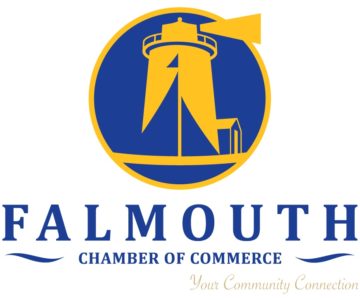By Sharon Burgess, CIC
There is no perfect way to select an insurance broker. It is an imperfect process and varies greatly depending on your operation and the sophistication of your risk management program. Here are some basic guidelines to follow — and some traps to avoid — that will do the most good for your business and, ultimately, your bottom line.
Do interview potential brokers
Take the time to learn about the agencies. Establish an interview process that could allow you to make a decision at this juncture. What markets do they work with? How big are they? What is their experience in your industry? What does their service model look like? How do you like the potential broker? Are they someone you can trust? Someone professional and prepared, who will represent your company well? What are the agency resources available? Registry services? Claims support? Risk control?
Don’t include several agents to quote on your business
In the insurance industry, only one agent can approach one company on your behalf. The list of insurance companies that can offer competitive solutions for your business is limited. Minimizing the number of agencies involved will empower those individuals to access more markets on your behalf. This gives them better leverage to negotiate the best program for your renewal, oftentimes coordinating coverages through multiple insurance carriers.
Do assign markets
When you have selected the short list of agencies that will participate in your renewal process, allow the agencies to provide you with the list of markets they would like to approach on your behalf. You can delegate who gets to approach which company. Another imperfect insurance world reality: When an agent goes to get quotes, whichever agent submits applications to the insurance company first secures that market. Assigning markets will provide a competing broker with a fighting chance to adequately represent you. In addition, it relieves the very unnecessary rush to the market. Often, agents without assigned markets are so pressured to get to the best market first, they are rushed through the policy review – thus unable to truly understand your exposures and your risk tolerance. This also tips the scale in the favor of your current broker, as they would already have access to the underwriting information necessary to complete the applications, bypassing any policy review. If you want to create a fair environment for competition on your account, you must take control.
Don’t white out the premiums
If your goal is to get a better price on your insurance program, then please share the premiums you are currently paying. Whiting out the premiums greatly benefits the position of your current agent. If you like your agent so much as to want to give them this advantage, you should probably just stay right where you are and hope they are treating you fairly. Underwriters receive expiring premiums on the vast majority of the accounts they are reviewing. If you are the only file on their desk without this information, then you have just secured two things. One, they will feel they have little likelihood of winning your business and therefore your file is their last priority. Two, they will be scared about leaving money on the table without knowing the expiring pricing and you will not be provided most competitive pricing available. There is no leverage for the competing broker in this scenario.
Don’t shortchange the information-gathering process
Once your potential agents review your policies, they should have a lot of questions. A lot! If they do not, this should be a red flag. This is why you hire brokers. Brokers are professionals who understand insurance and how to adequately design programs for your unique operation. If we don’t understand your operation, your policies will not adequately protect your business assets and employees at the time of a claim. The most expensive part of your insurance program will be an uncovered claim. Do not overlook this step.
Utilizing these basic guidelines will put your company in the best position to secure a comprehensive risk management program at the most competitive price. More importantly, you will align yourself with a trusted business partner who will hopefully serve you well enough that there will be no need to undergo this selection process any time again in the near future.
Sharon Burgess, CIC, is Vice President, Business Insurance at Rogers & Gray Insurance. She can be reached at sburgess@rogersgray.com or (508) 747-4386.
Insurance: The broker selection process

Select to Read Similar Content:




















